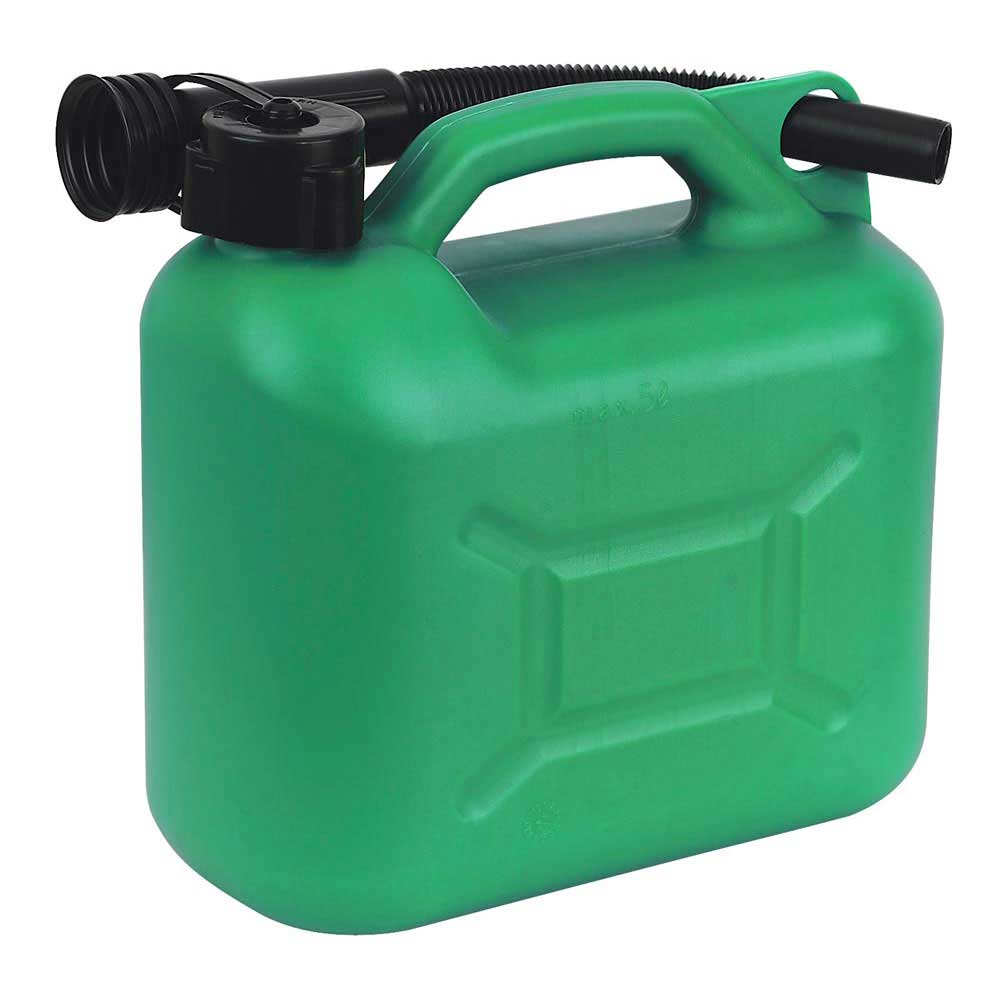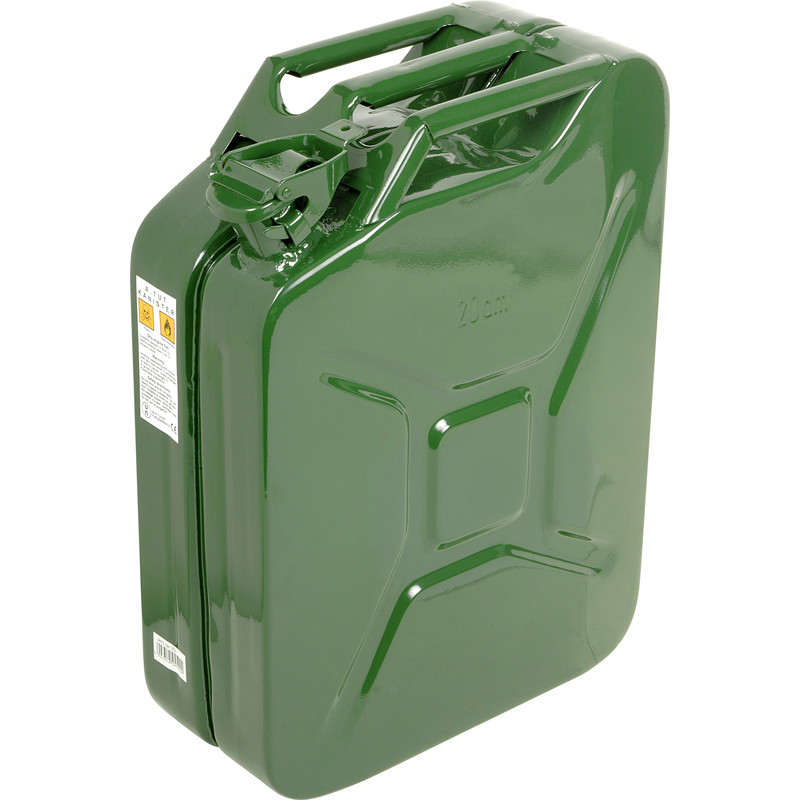Red diesel and petrol is available for dispensing into boat fuel tanks from the Littlehampton Marina. Petrol will also be dispensed into compliant jerry cans. Call 01903 713553 for more information. Calor Gas is available from Travis Perkins, Pier Road, 01903 713071 open 9-5 Monday to Friday and Saturday mornings.
Red Diesel is also available from the Littlehampton Harbour Board yard north of the footbridge for VAT registered commercial vessels only with over 4 hours notice. Contact harbour@littlehampton.org.uk or 01903 721 215 for more information.
From 2022, due to changing legislation, red diesel vendors in Littlehampton Harbour will not vend red diesel into jerry cans (unfortunately this includes portable cans stored onboard boats as backup fuel).
For those using smaller vessels without integral fuel tanks who intend to use petrol or diesel decanted from jerry cans, utmost care must be taken and the following guidelines and rules adhered to.
SAFETY AND POLLUTION CONSIDERATIONS:
– Due to the risk of fire/explosion jerry cans of fuels should be stored only in designated and external storage lockers on boats (and never in the cabin!).
– Boats without designated fuel can storage, should ensure they are secured to the external deck and physically prevented from shifting or falling overboard with appropriate fixings.
– Fuel should not be left in significant quantities in portable cans on boats overnight due to the collective fire risk in marinas.
– Precautions should also be taken to avoid spills using appropriate funnels or siphons (with integrals filters to prevent the entry of debris)
– Any spills (however small) into the river or on the river’s foreshore below the high water line must be reported to the Harbour Office immediately via 01903 721 215 so that we can assess the impact, make the external reports required and respond appropriately. Ideally reports should be followed up via our pollution reporting form:
https://www.littlehampton.org.uk/oils-spills-and-pollution/. These details can also be taken by phone.
– Each vessel undertaking fuelling using jerry cans must ensure they have appropriate spill kits / absorbant pads readily available to catch any minor spillages.
– It is the responsibility of the vessel owner to only decant fuel from compliant jerry cans in areas where they have permission to do so. – It is the policy of Littlehampton Harbour Board and most other mooring operators that portable fuel tanks (such as the plastic 25L tanks used with many outboard engines) be taken ashore for decanting of fuel from the transport containers in order to minimise the risk of spillage.
– LHB recognises that many smaller vessels must carry portable jerry cans of fuel to sea with them to ensure they have enough for their passage (particularly yachts who may not be able to rely on the wind for all or any of their passage).
LEGAL MAXIMUMS FOR PURCHASE OR TRANSPORT OF FUEL ON ROADS:
– These apply to the general public in vehicles or on foot. There are only specific exemptions for agencies with negotiated risk assessments and local approvals such as for RNLI Inshore Lifeboats.
– EITHER 2x 5L compliant plastic cans OR 1x 20L compliant metal can per vehicle/customer on foot.
– These cans must be stamped with “highly flammable”, the can’s manufacturer and date of manufacture. They must also be labelled with the type of fuel they contain.
WHERE TO BUY COMPLIANT CANS FOR PURCHASE OR TRANSPORT OF FUEL:
Limited stocks of compliant plastic cans can be bought at most petrol stations. Both plastic and metal compliant cans can also be bought at hardware shops, online or (most locally) at the Wickes opposite the A259 Tescos petrol station (the closest to the harbour). Compliant plastic cans are approximately £5 and compliant metal cans are usually less than £30.
ADVICE TO AVOID ENGINE ISSUES
Metal cans are recommended to be inspected and replaced as required as the linings degrade over time. They should also be protected from saltwater due to the potential for corrosion. Clean and dry funnels or siphons should be used with an appropriate filter to prevent the entry of debris into your engines.



